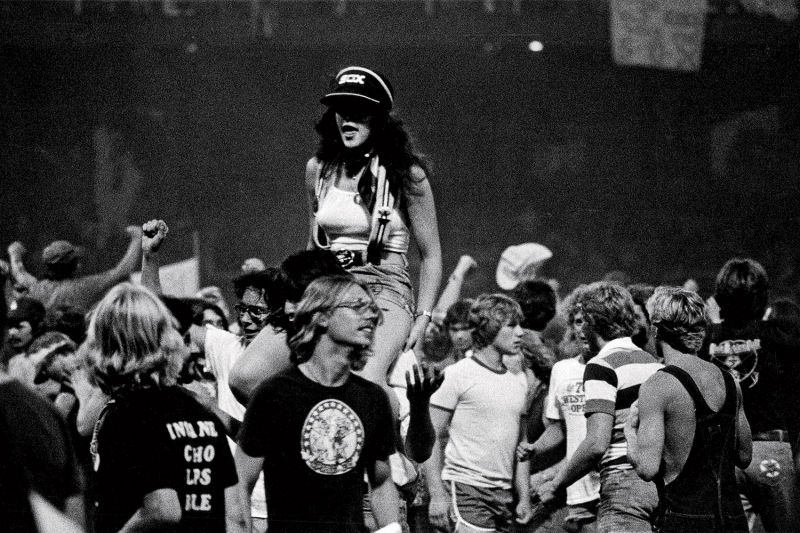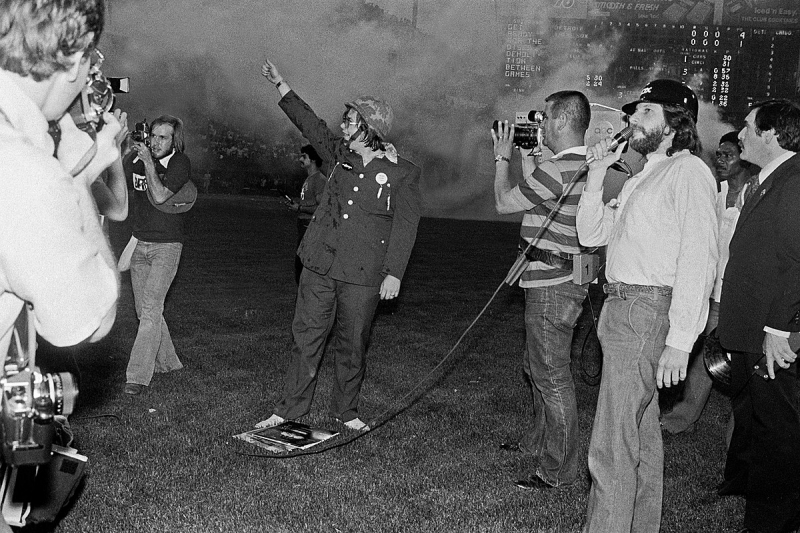Disco Demolition Night
You invite anarchy whenever you assemble a crowd of sports fans in an arena and ask them to destroy property. Which takes us to July 12, 1979, the "Night That Disco Died." Fans of the Chicago White Sox were urged to bring disco records to the stadium with the intention of burning them there. This rapidly sparked rioting and madness.
As you may know, disco wasn't popular with everyone in the 1970s. Many rock enthusiasts believed this new music would somehow infringe on their favorite music, that it wasn't music at all, and that it needed to be stopped, just like in the 1990s when rap started to gain popularity. At one point or another, rock 'n' roll itself, heavy metal, dubstep, and even.
An established DJ who was sacked from one station after it changed its format to disco planned the event. Anyone attending a game for 98 cents had to bring a disco record, and the records would be blown up in the middle of a doubleheader. Approximately 48,000 tickets were sold for the full stadium. However, 20,000 people remained outside.
Throughout the game, fans hurled records onto the field. Although a crater was blown into center field, the demolition proceeded as anticipated. Then, everything went to hell. Cherry bombs and alcohol were being thrown by people. Thousands of people poured onto the field in a frenzied surge. They leaped 40 feet from the stands, setting banners ablaze in the process. While those on the outside stormed the gates, an estimated 7,000 of them took to the field. The Sox had to surrender the game by the time the riot police vacated the field, and the promotion was remembered as one of the worst blunders in history.












